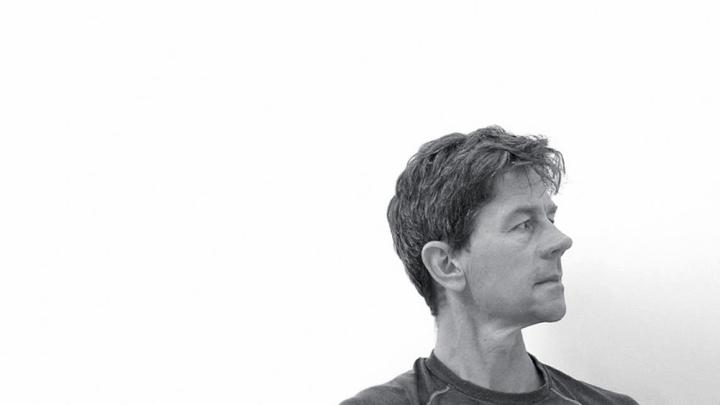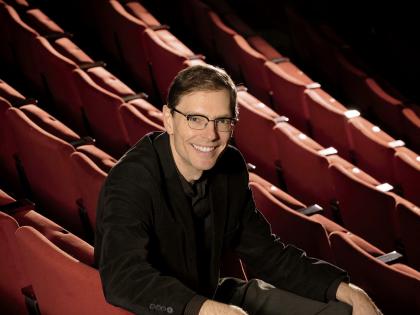This was a banner year for Harvard men’s lacrosse (10-7, 5-1 Ivy). The squad earned its first berth in the NCAA tournament in eight years, and captured its first regular-season Ivy title since 1990. Harvard and Cornell both finished with 5-1 records, but the tiebreaker went to the Crimson, due to its 14-9 thumping of the Big Red in Ithaca this April (Then, Cornell was 9-0 and ranked second in the nation). At the season-ending Ivy Tournament. Penn (4-2 Ivy) defeated Harvard, 7-5, to secure the league’s automatic NCAA bid; Harvard and Cornell both received at-large bids, and all three schools lost in the national tourney’s first round, in Harvard’s case to Notre Dame, which yielded to Duke in the final, 11-9.
An unorthodox and new contribution to the laxmen’s success came from athletics professional Dan Boyne, who for 28 years has directed the recreational sculling program in Weld Boathouse. Boyne has taught yoga professionally at Harvard and in Cambridge studios for 15 years; in previous seasons he has led yoga classes for the men’s soccer and tennis squads, and for men’s and women’s crew. In 2013, head men’s lacrosse coach Chris Wojcik ’96 asked Boyne to work with his team; this led to a half-dozen sessions that year and nine this spring. The outcome: a more flexible, relaxed group of athletes who stayed healthier during the lacrosse season.
In 2012, Wojcik’s second year as head coach, “we had a lot of injuries,” he says. “It was very concerning. There were sprained ankles, a torn ACL—lots of lower-body stuff.” Things improved last year, and this season, “we were pretty much injury-free,” he reports. “We didn’t have anyone standing around watching practice.”
The squad of 35 men worked with Boyne on Sunday afternoons. “They really needed rest,” he says. “When we dropped into savasana [the relaxing ‘corpse pose’ done at the end of yoga classes] there was absolute silence.” Wojcik notes that “After the Saturday games, they are banged up. Yoga helped players recover, to regenerate and stretch, on Sunday. Their muscles have recovered better.”
Lacrosse “is a fast-moving, reactive sport,” Boyne explains. “The visual field gets overtaxed in ball sports. With the eyes closed in relaxation, you calm the visual field, and all the sense organs dial down. It’s like clicking each of the windows on a computer screen shut.” He feels yoga can offset “the over-tightness of certain muscle groups. If your hamstrings are tight and there is a quick change of direction, things can tear.”
Furthermore, “people are often not aware of the tensions they are holding,” Boyne says. “Mental tensions get stored in the body. Yoga can help athletes iron out the holding patterns. It matters, because muscles tensed in the body can lead to inefficiencies.” He notes that certain places are more vulnerable to injury: “around the joint capsules, spots like hips and shoulders, junctures between the extremities and the axial body or torso. If you can unlock tensions, you can open up the flow of energy.” Even better, yogic practice can increase body awareness, with consequent gains in efficiency, he explains: “You can use the minimal movement of muscles to do what you need to do.”









